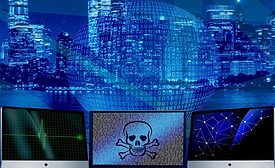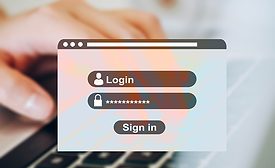Cybersecurity
CCPA update: New regulations approved
Keypoint: Modifications to the CCPA regulation’s provisions regarding requests to opt-out and authorized agent requests are now final.
March 23, 2021
Sign-up to receive top management & result-driven techniques in the industry.
Join over 20,000+ industry leaders who receive our premium content.
SIGN UP TODAY!Copyright ©2025. All Rights Reserved BNP Media.
Design, CMS, Hosting & Web Development :: ePublishing











